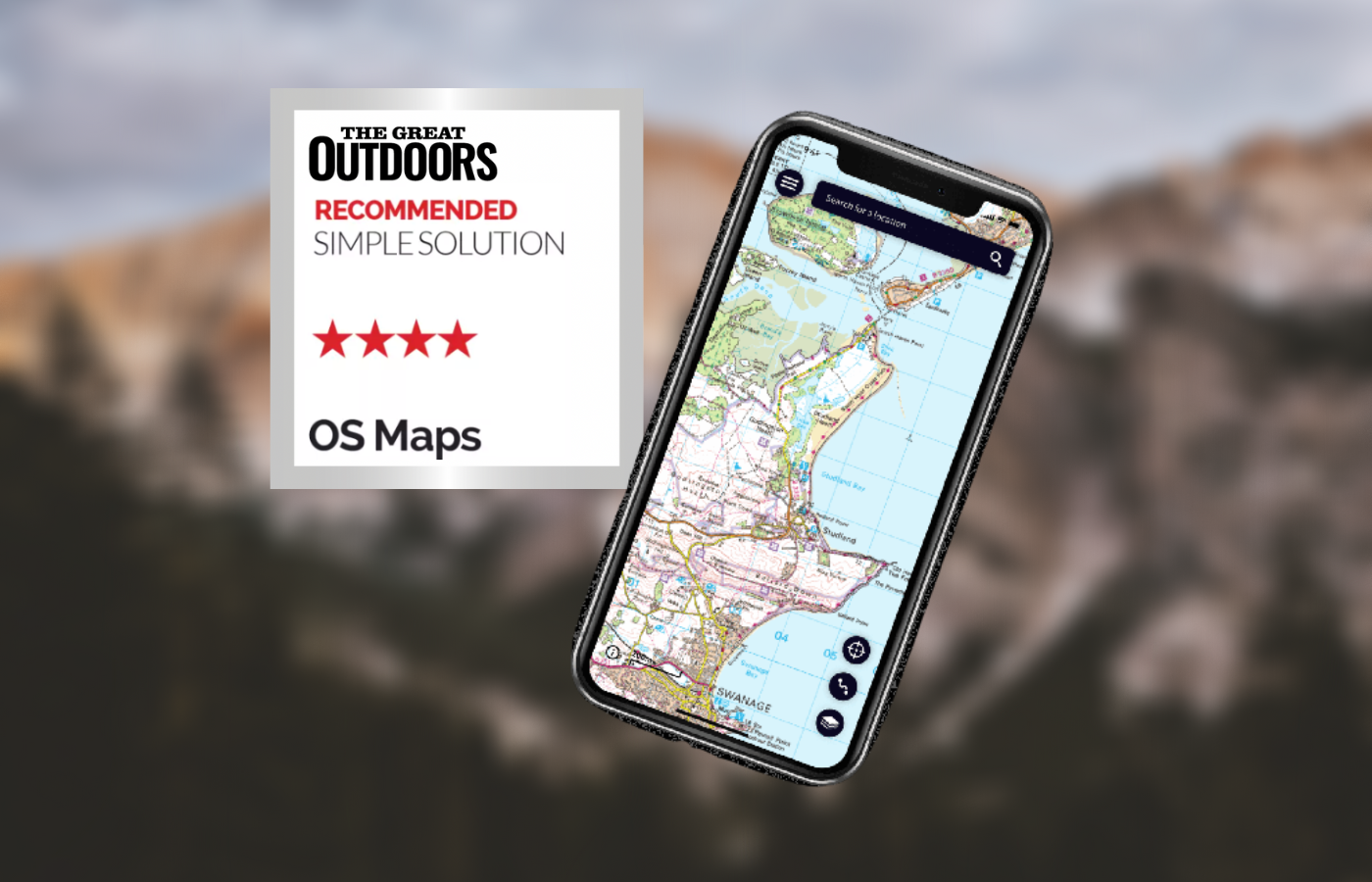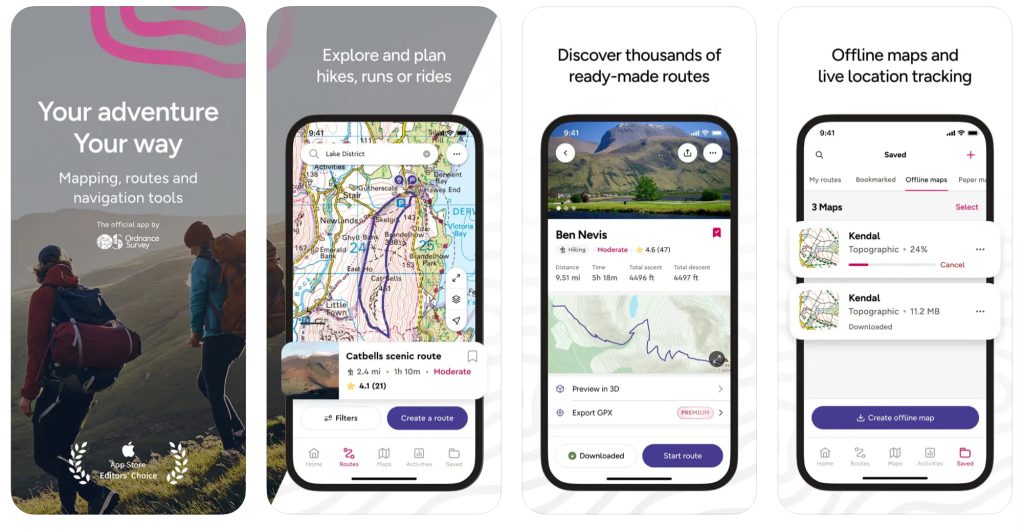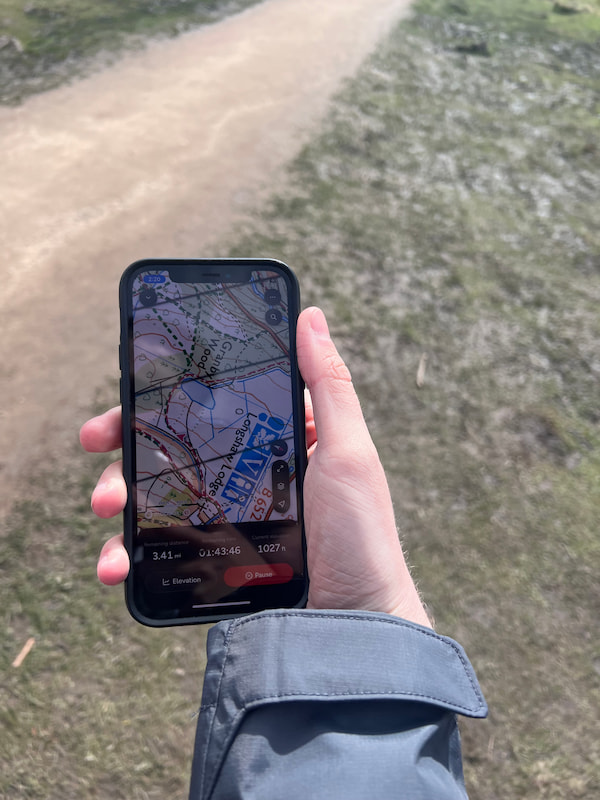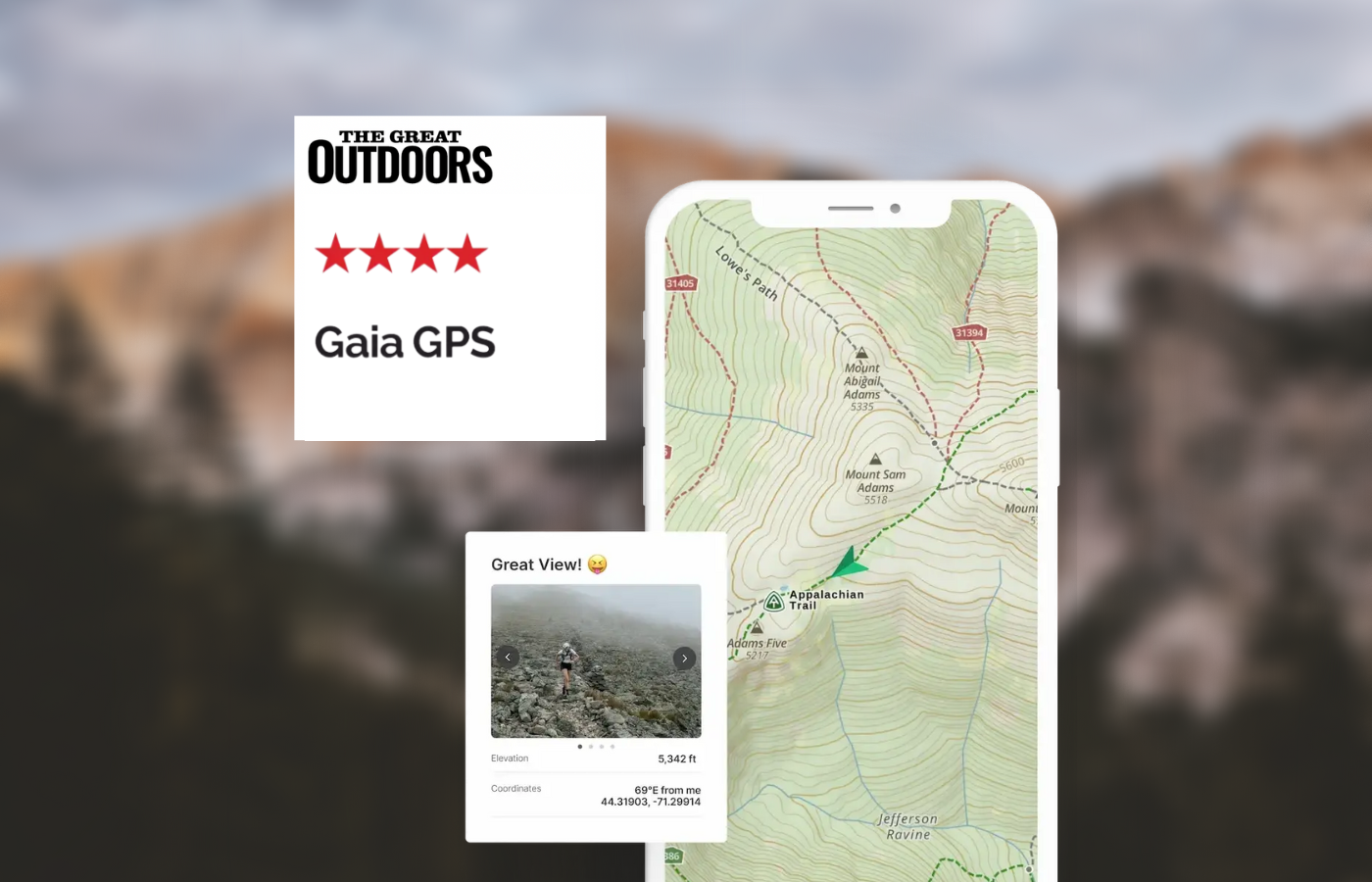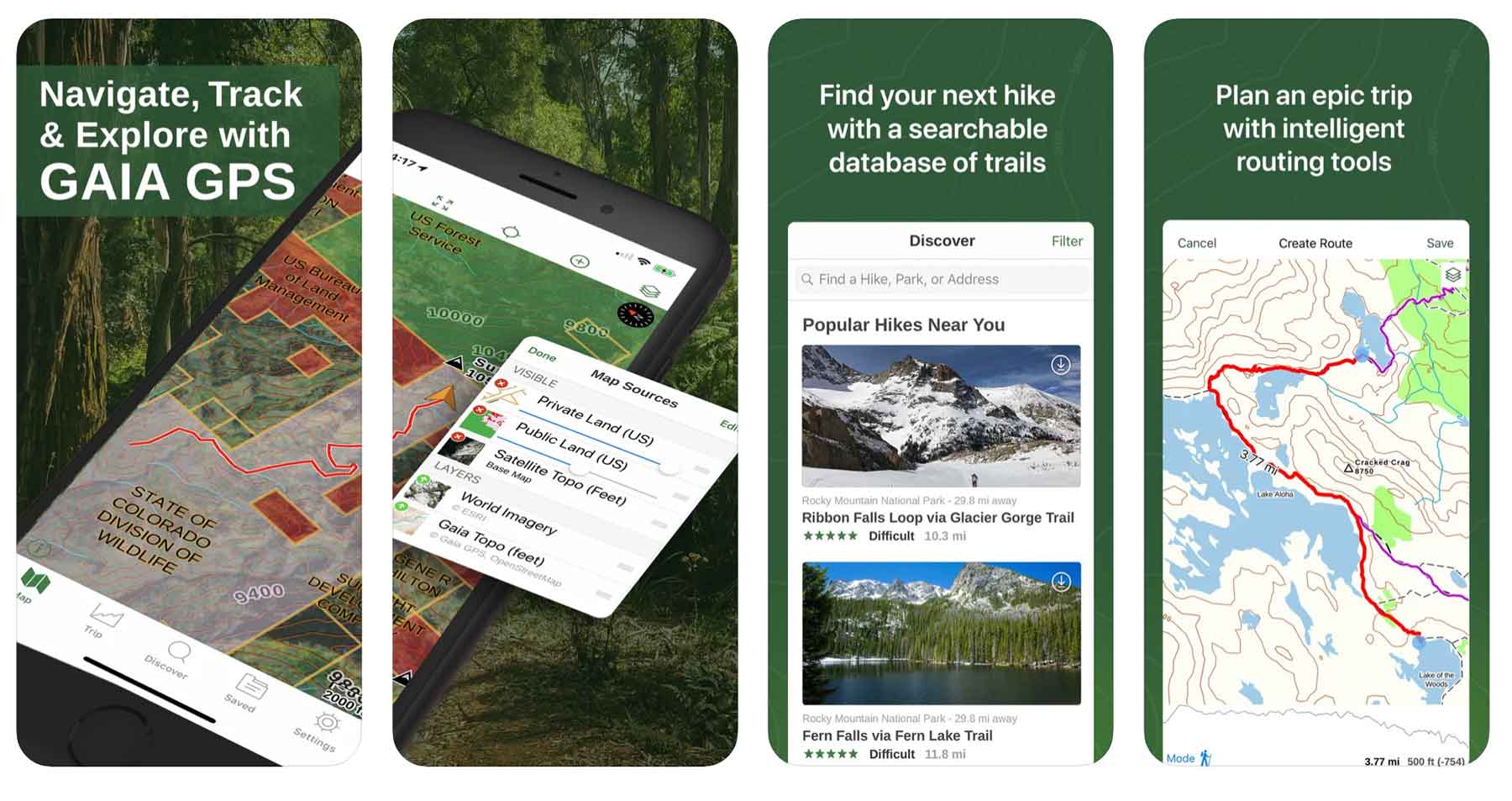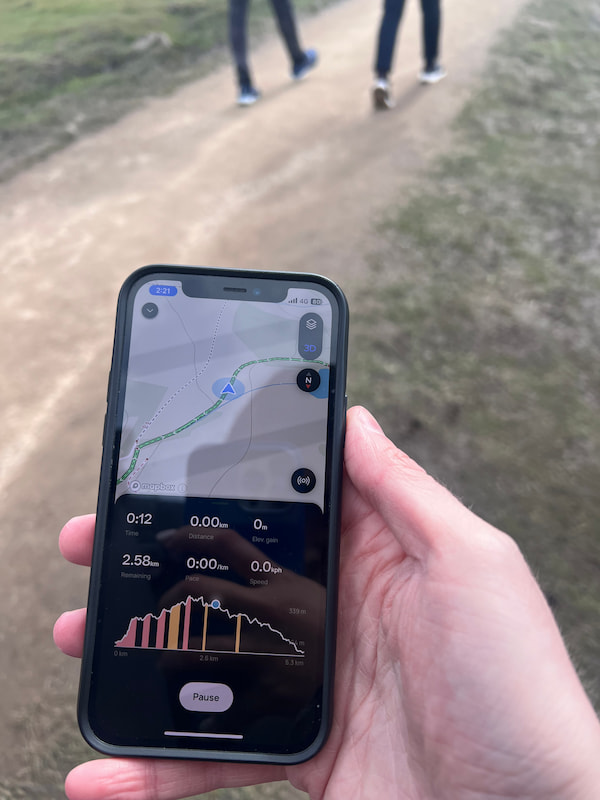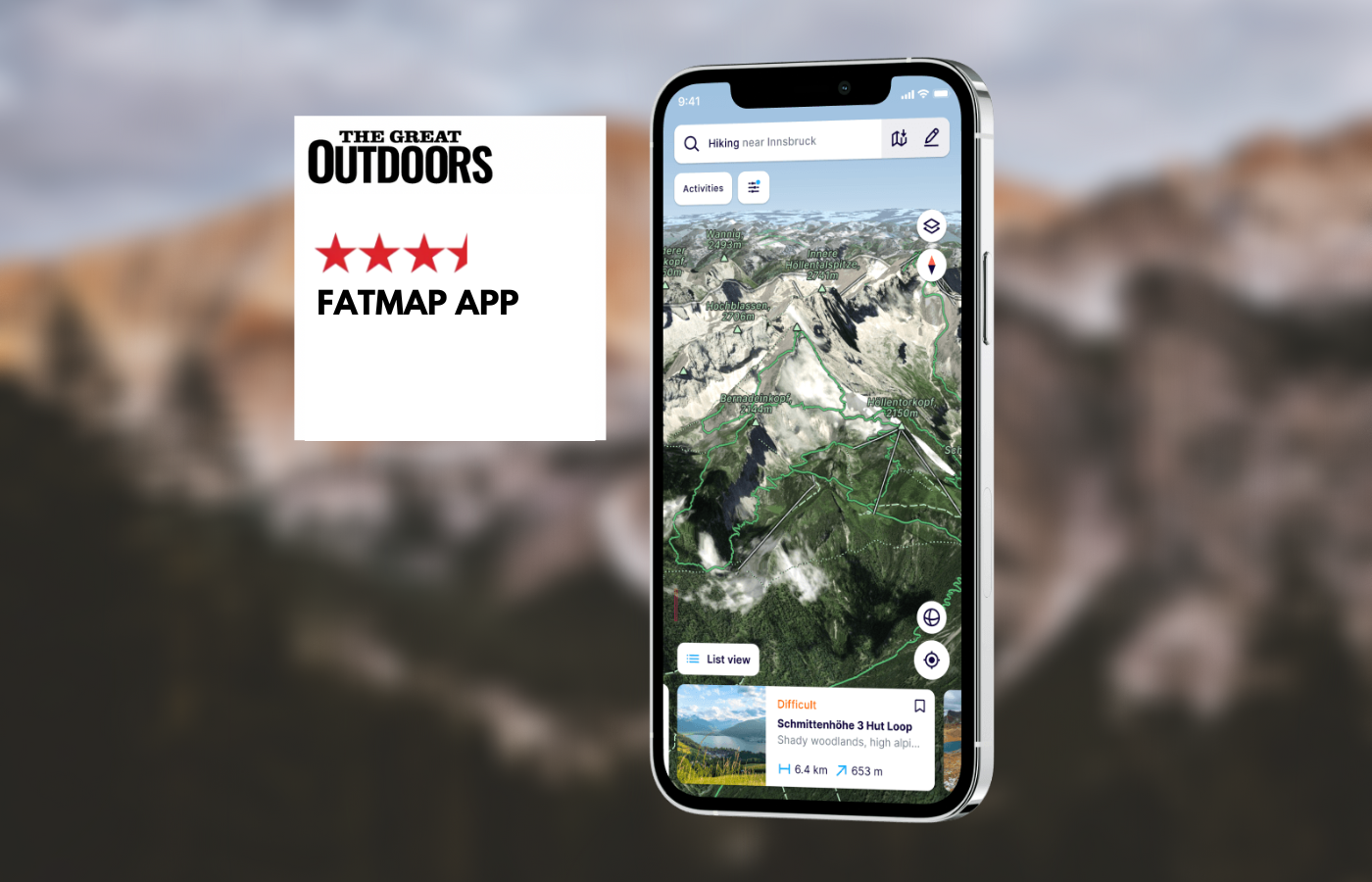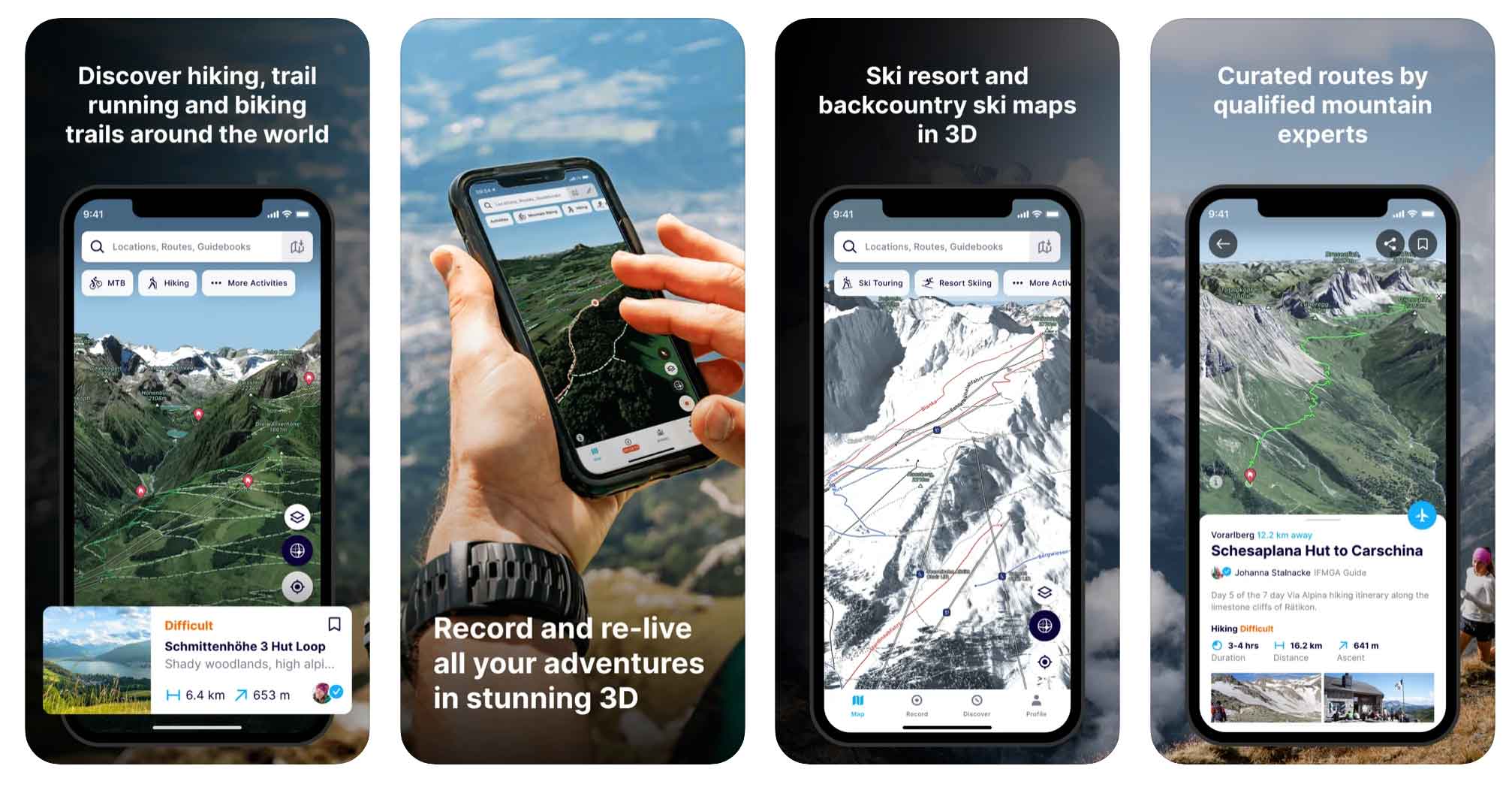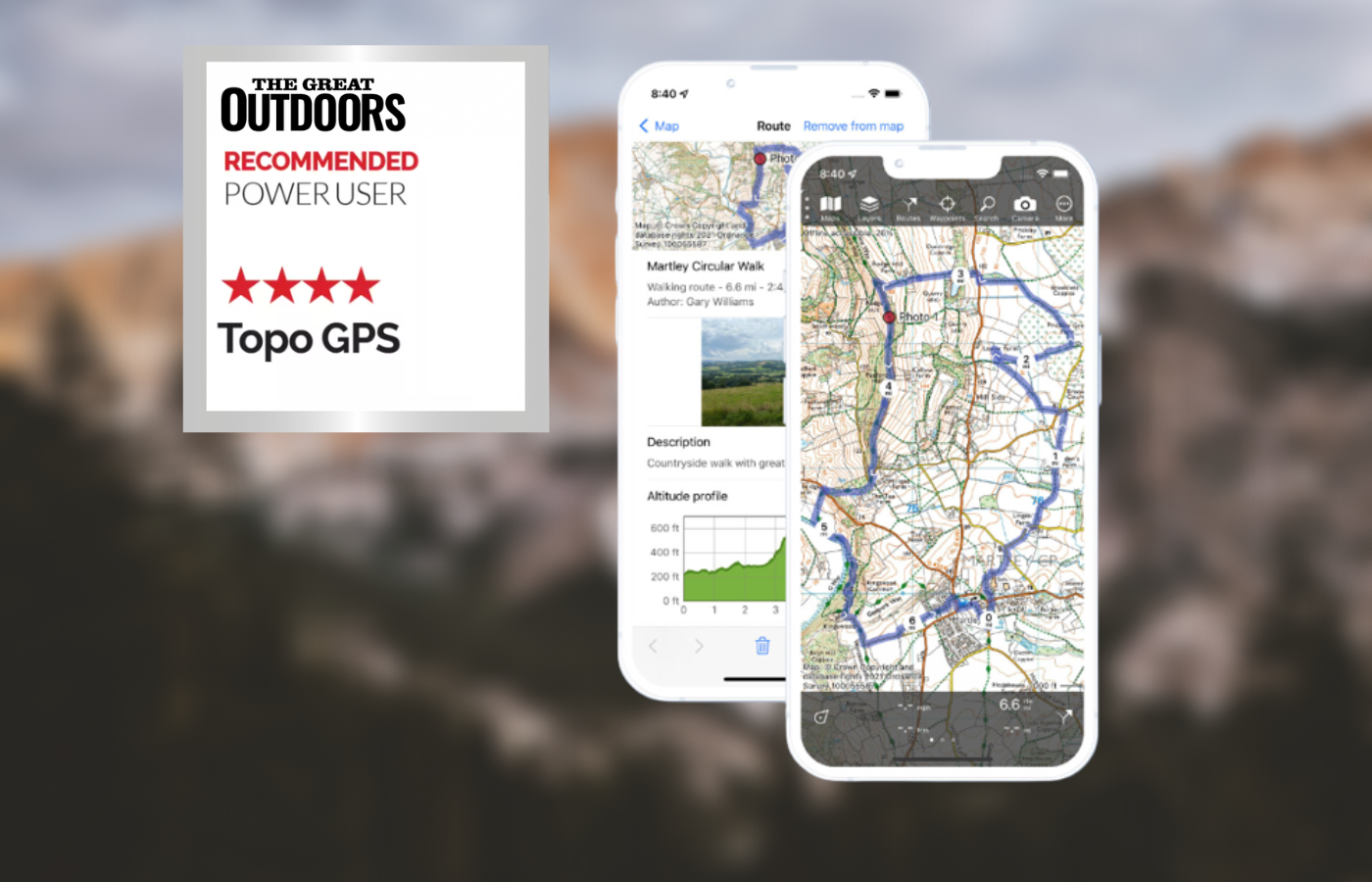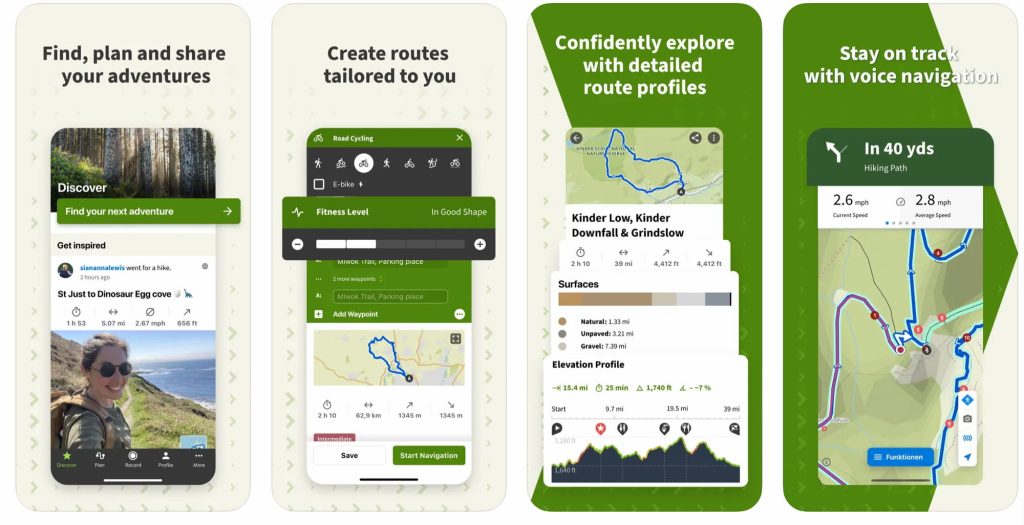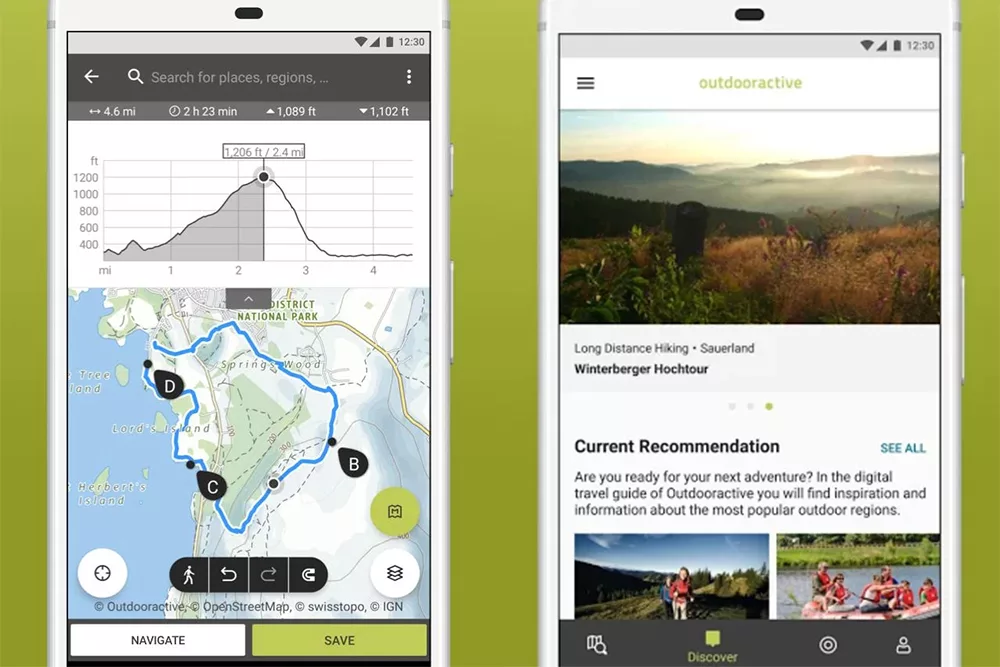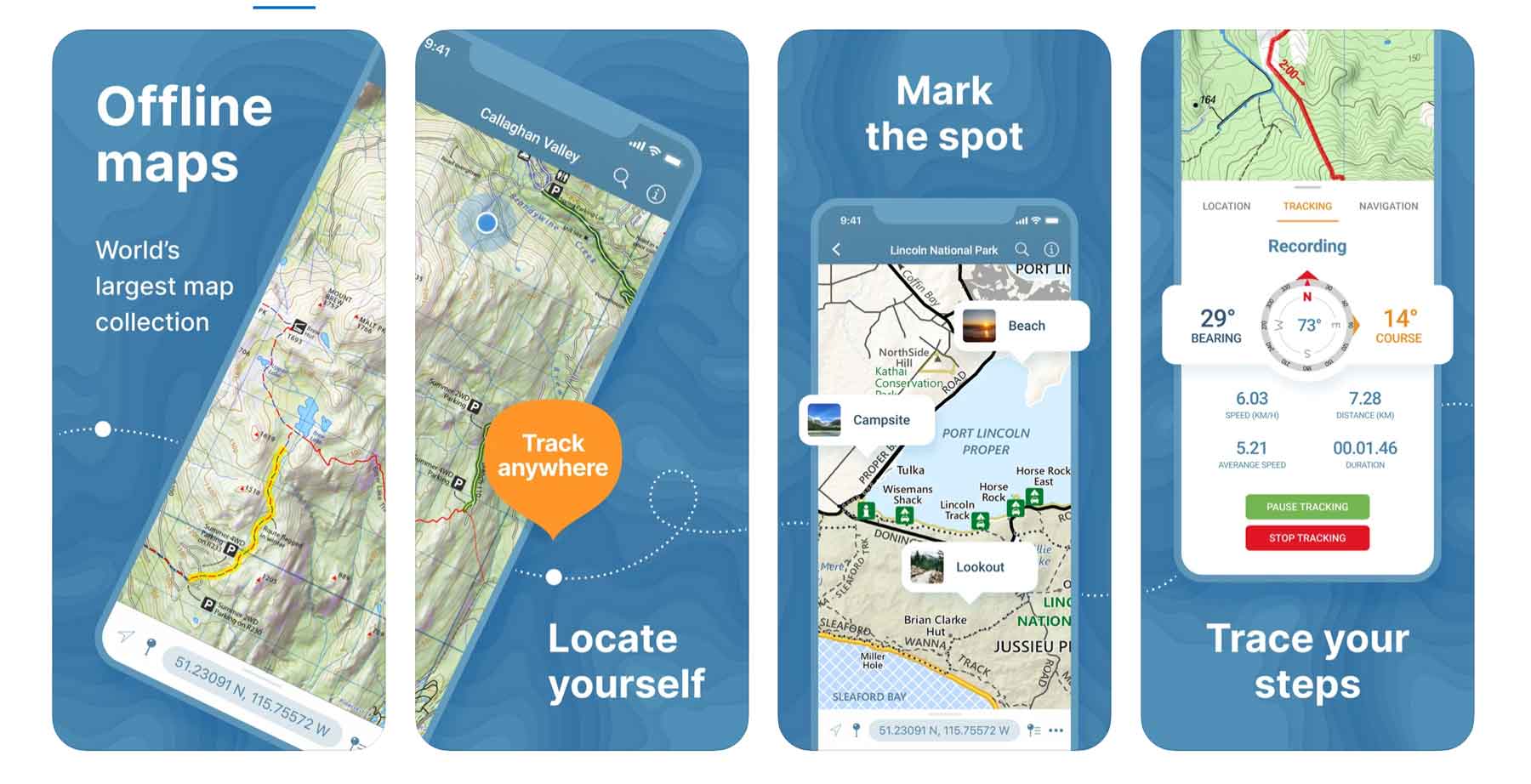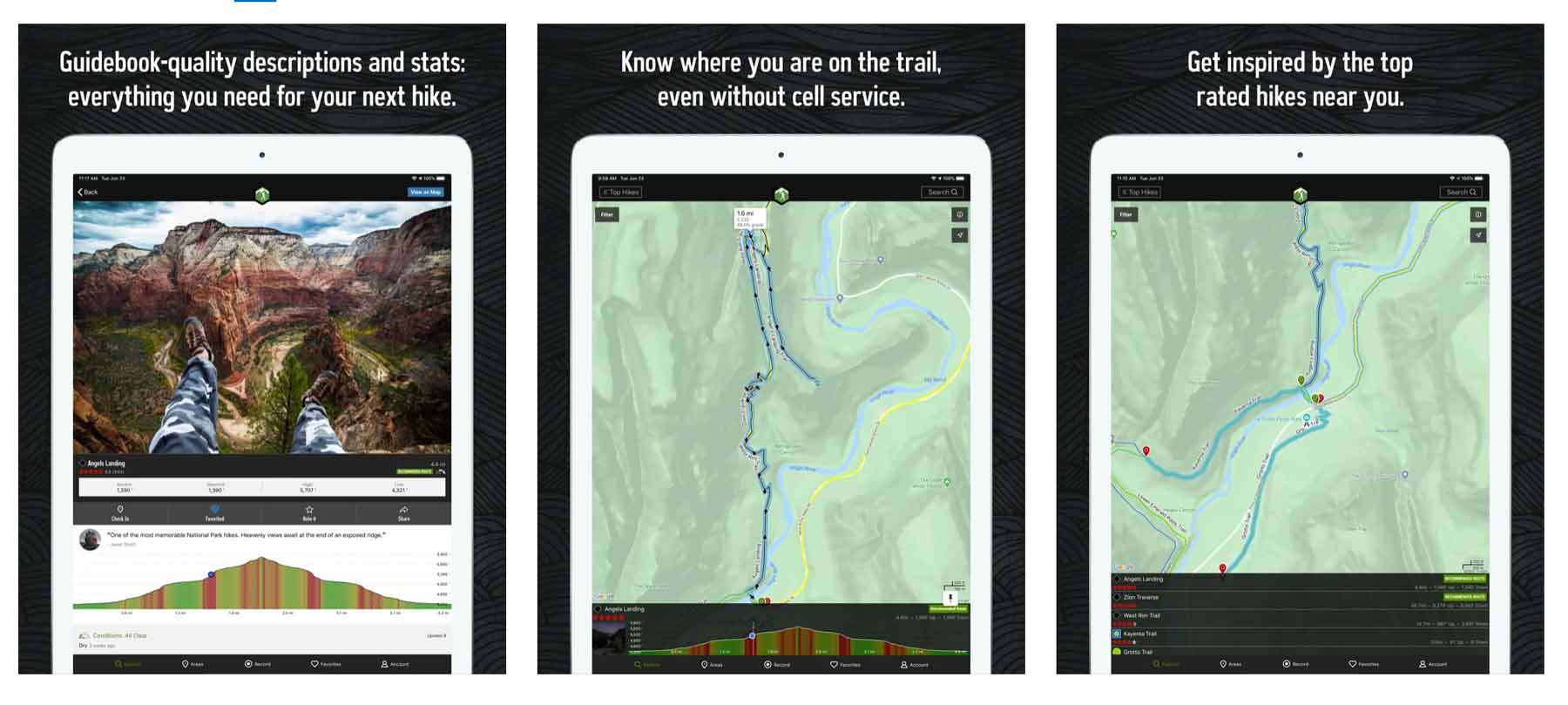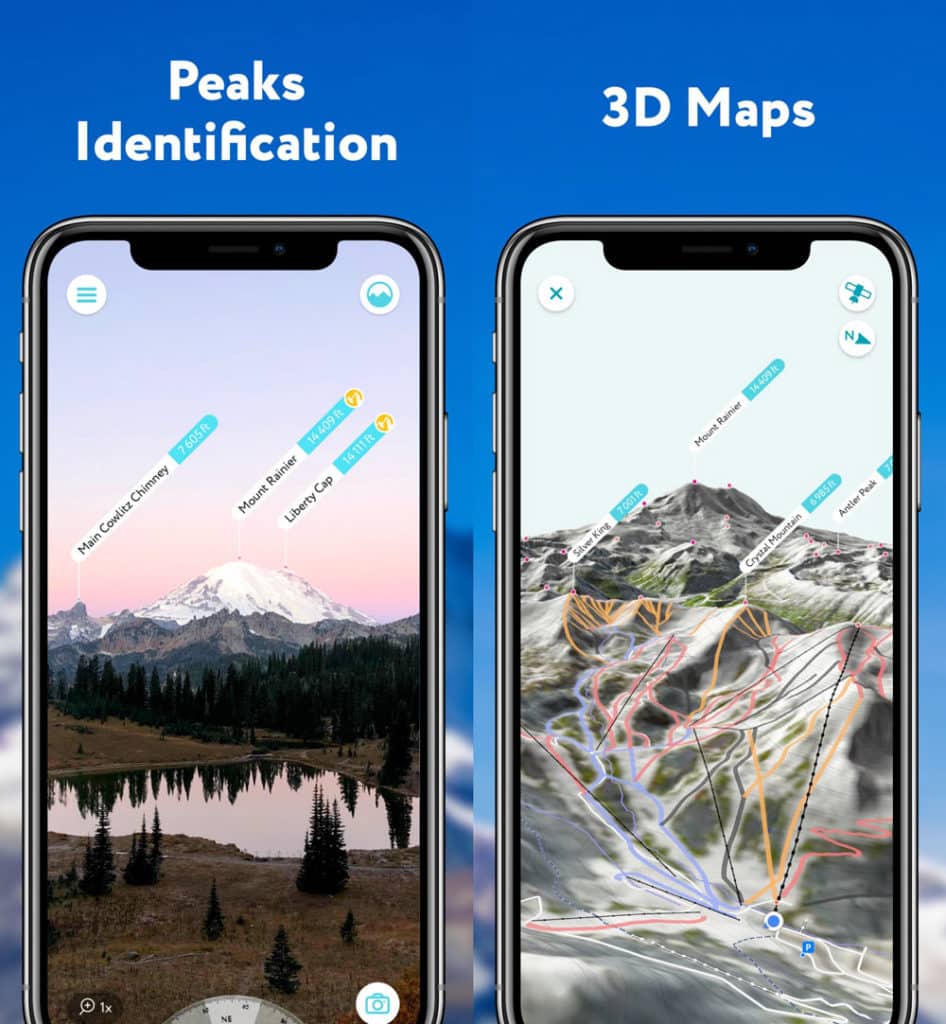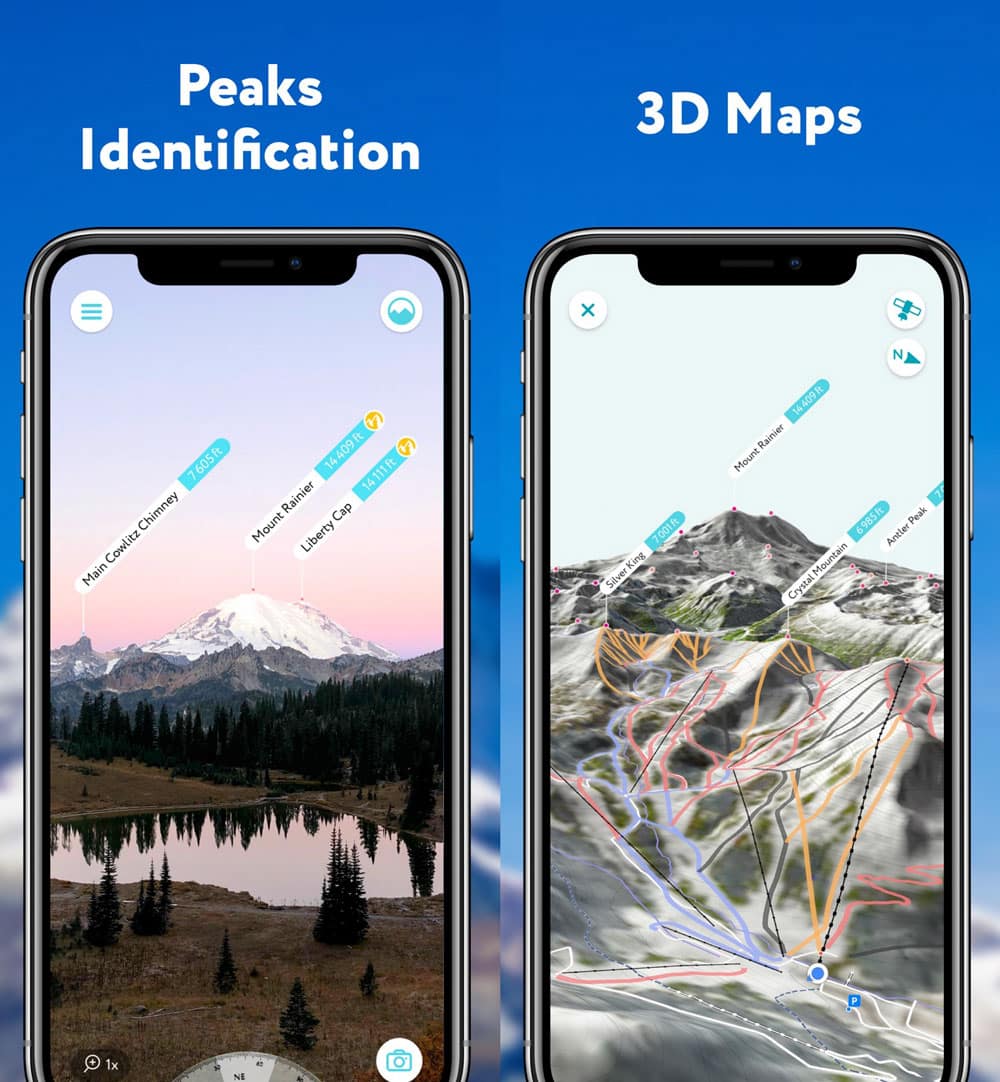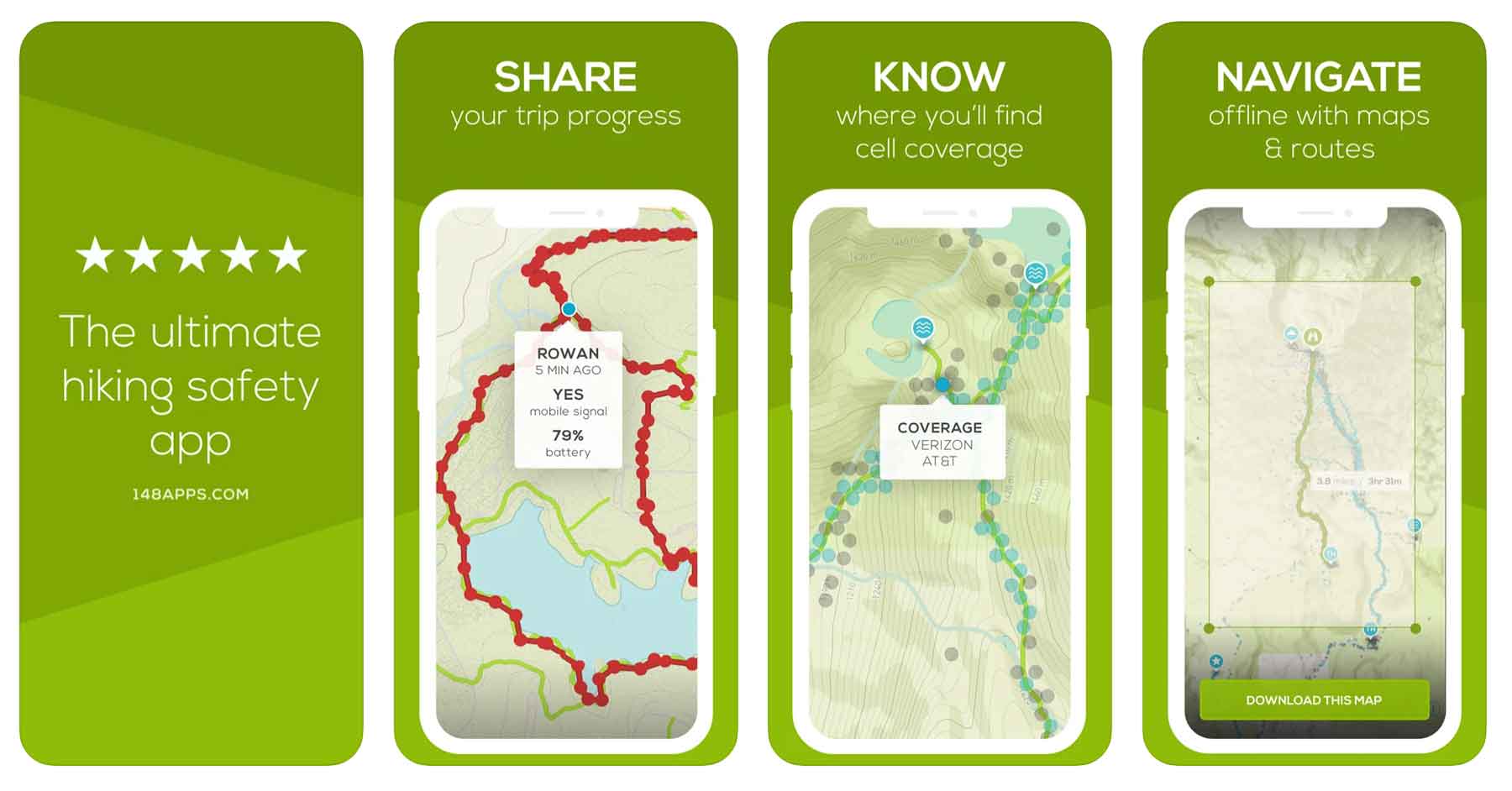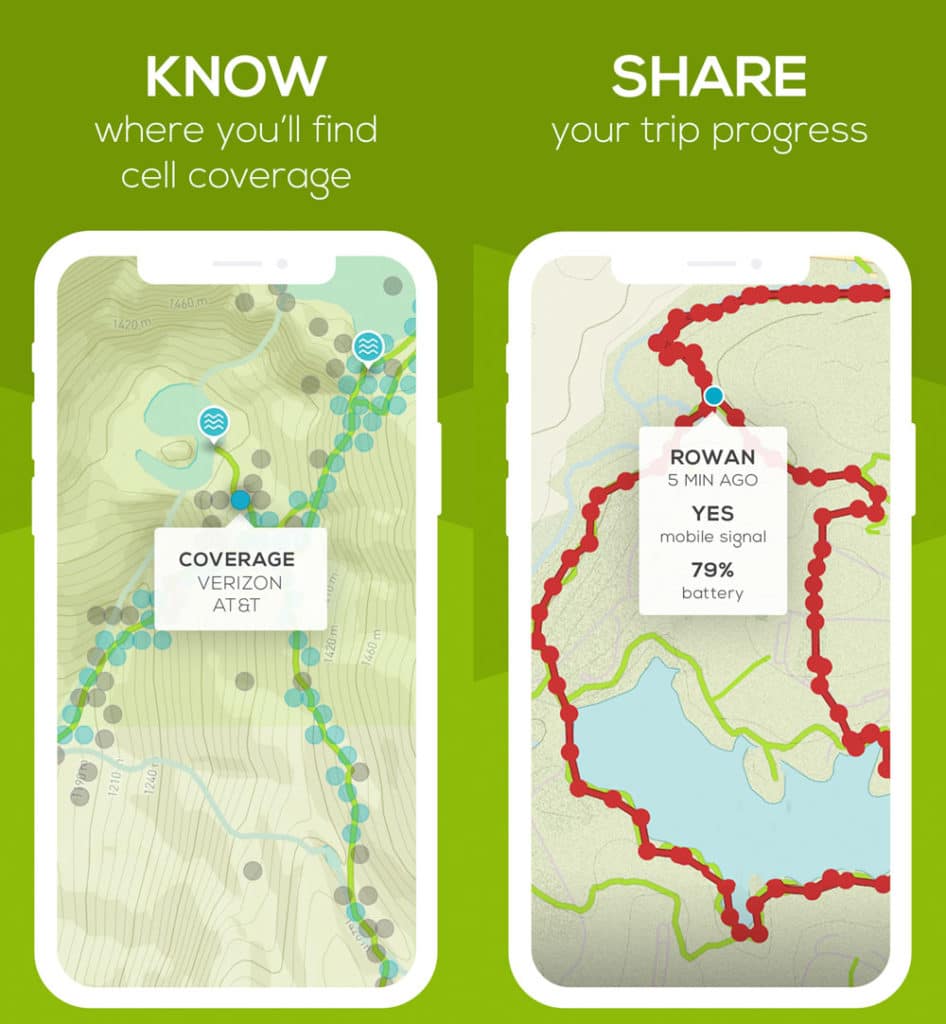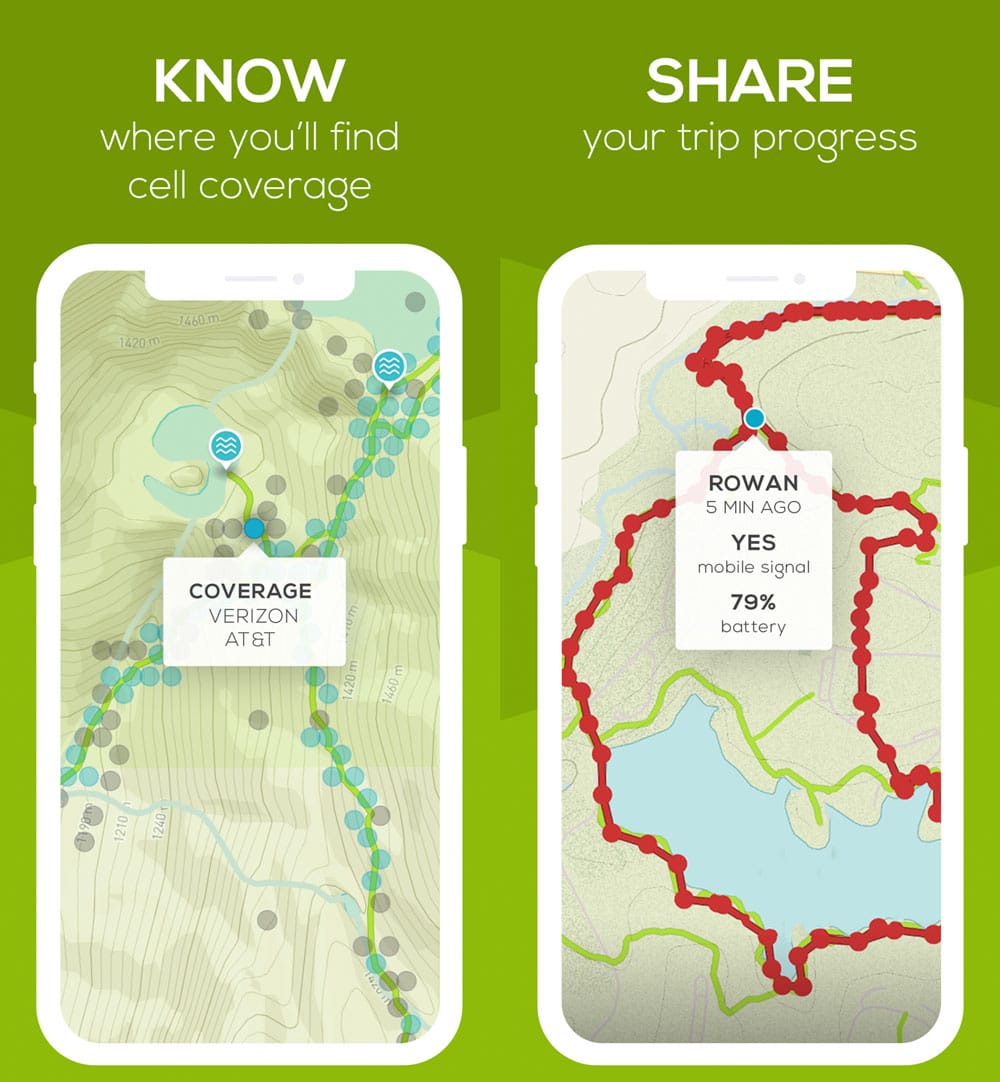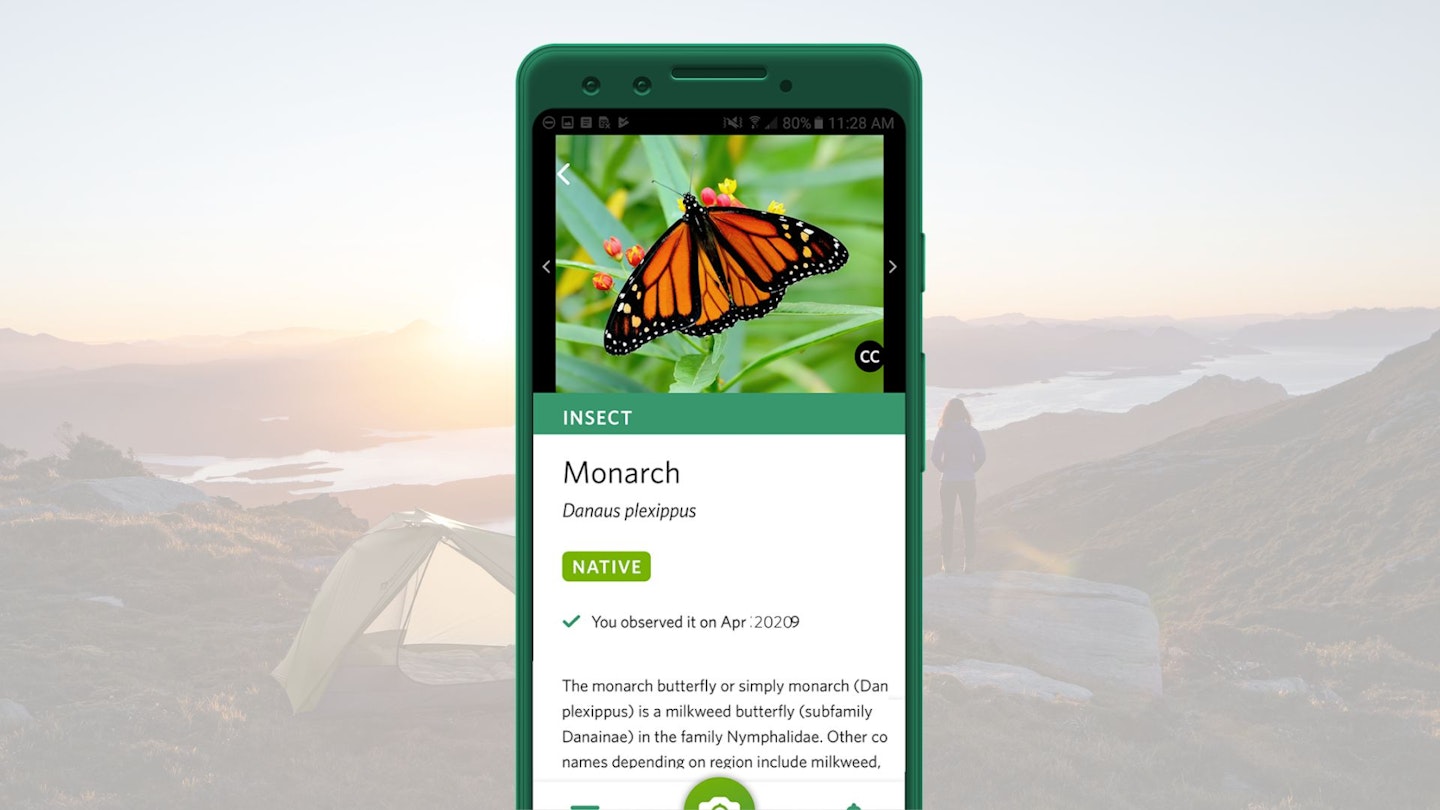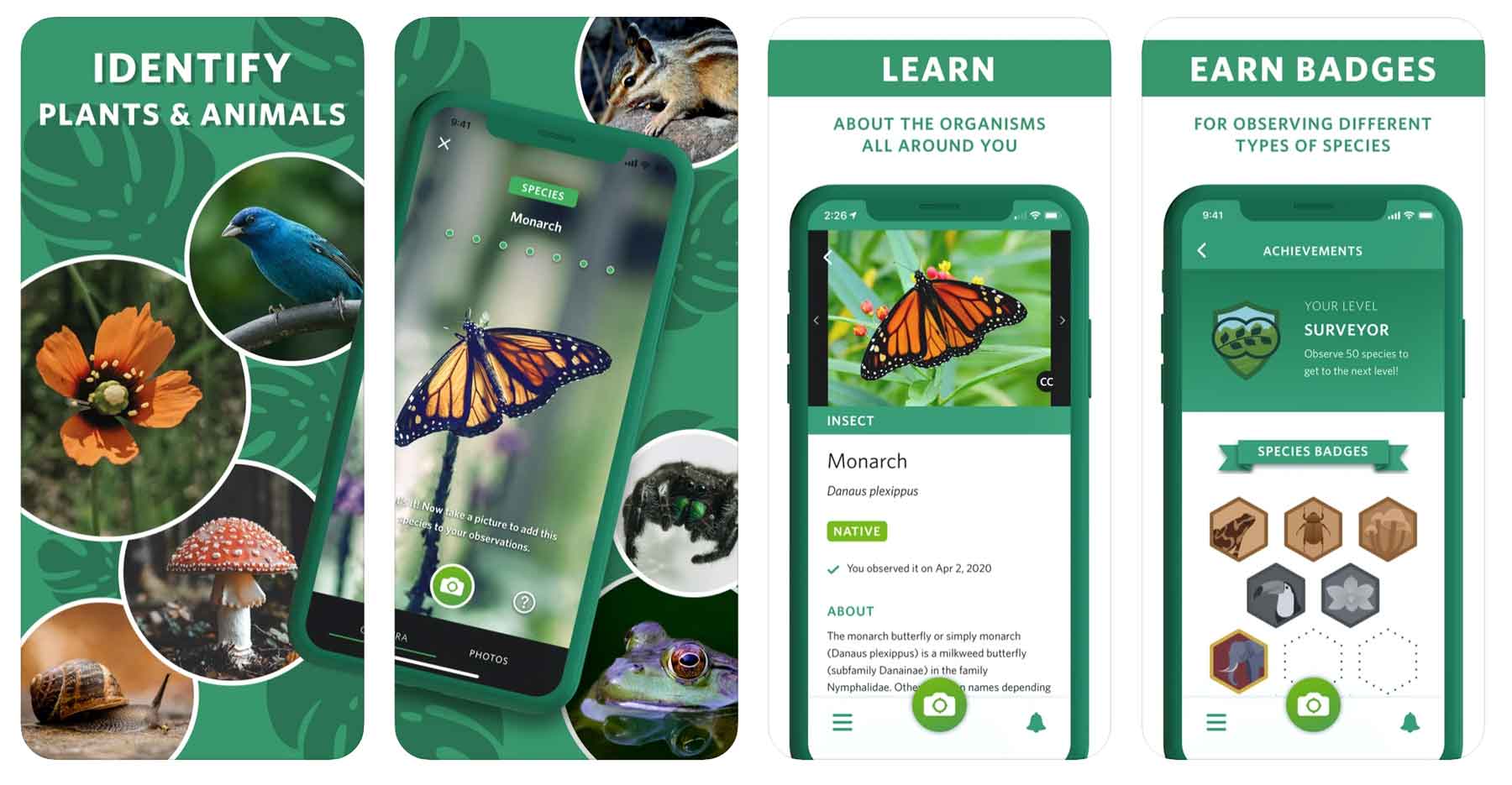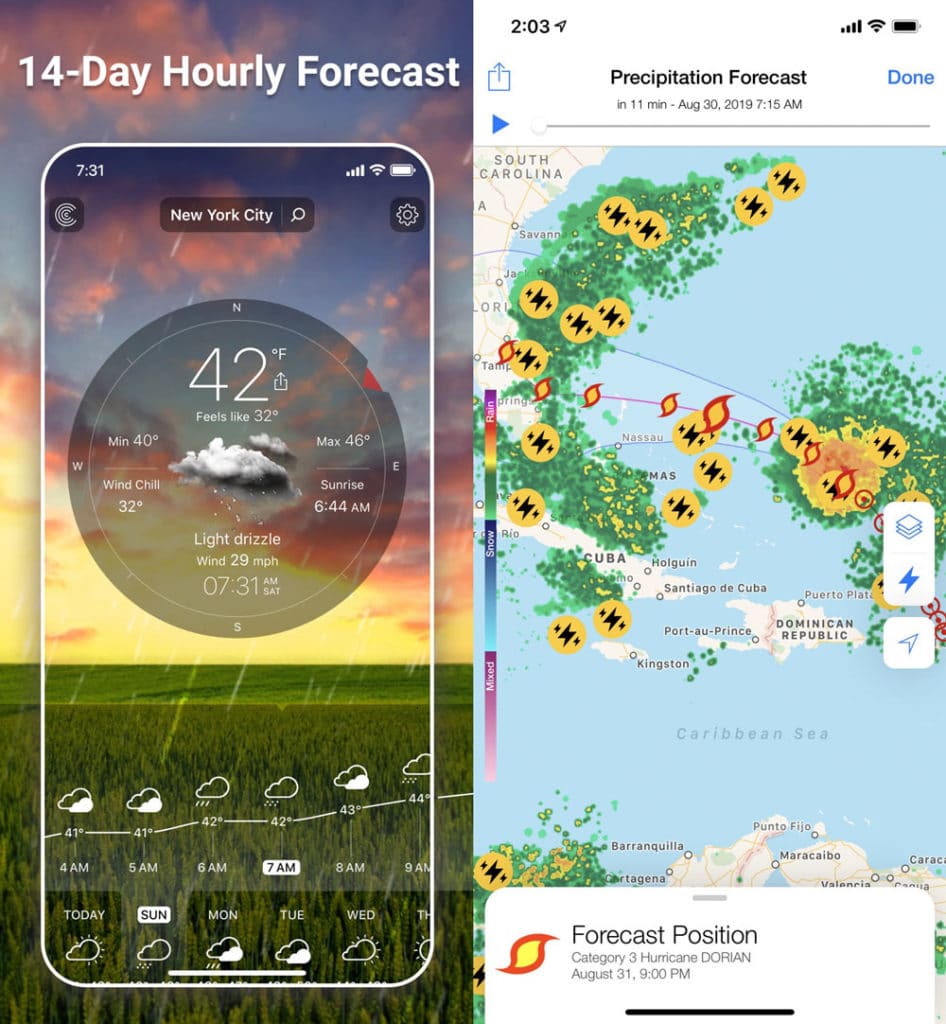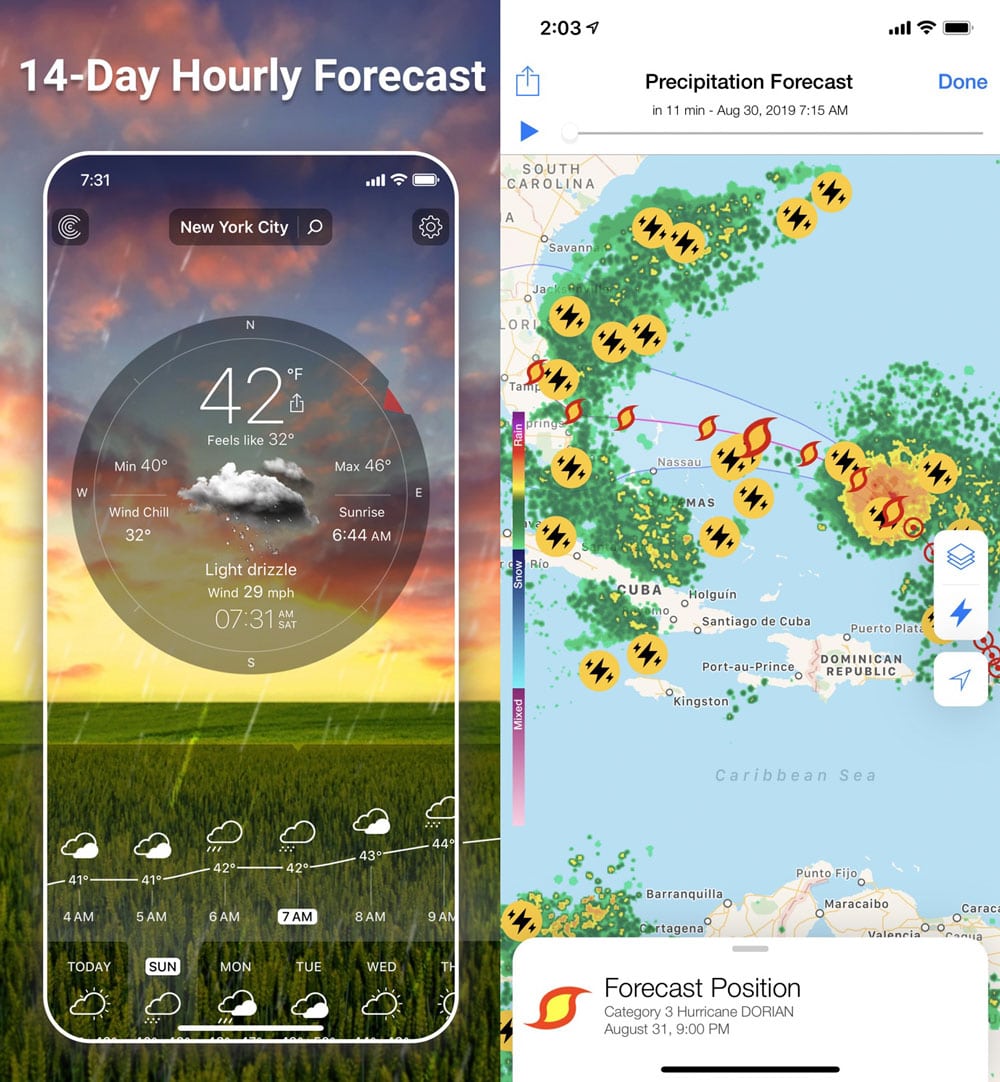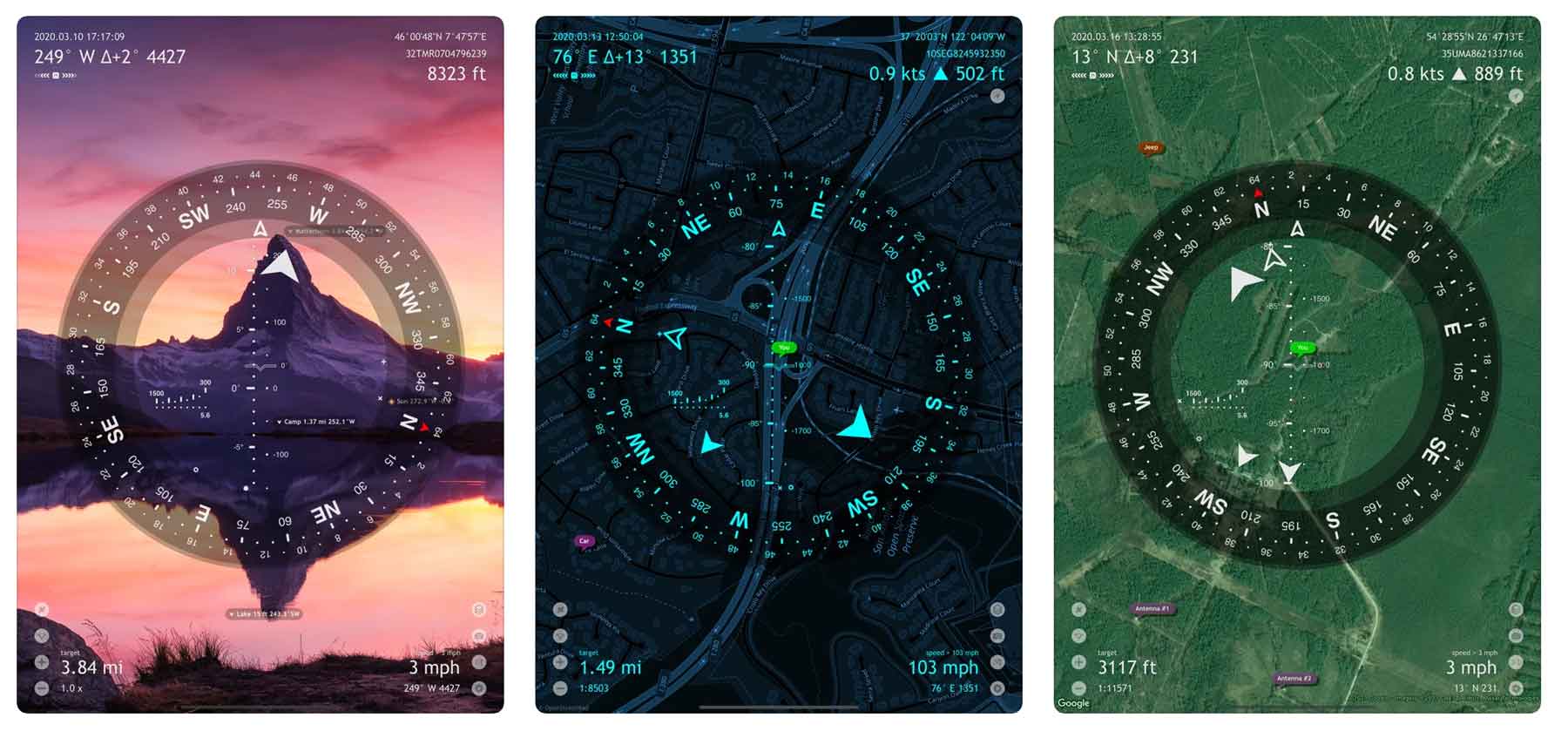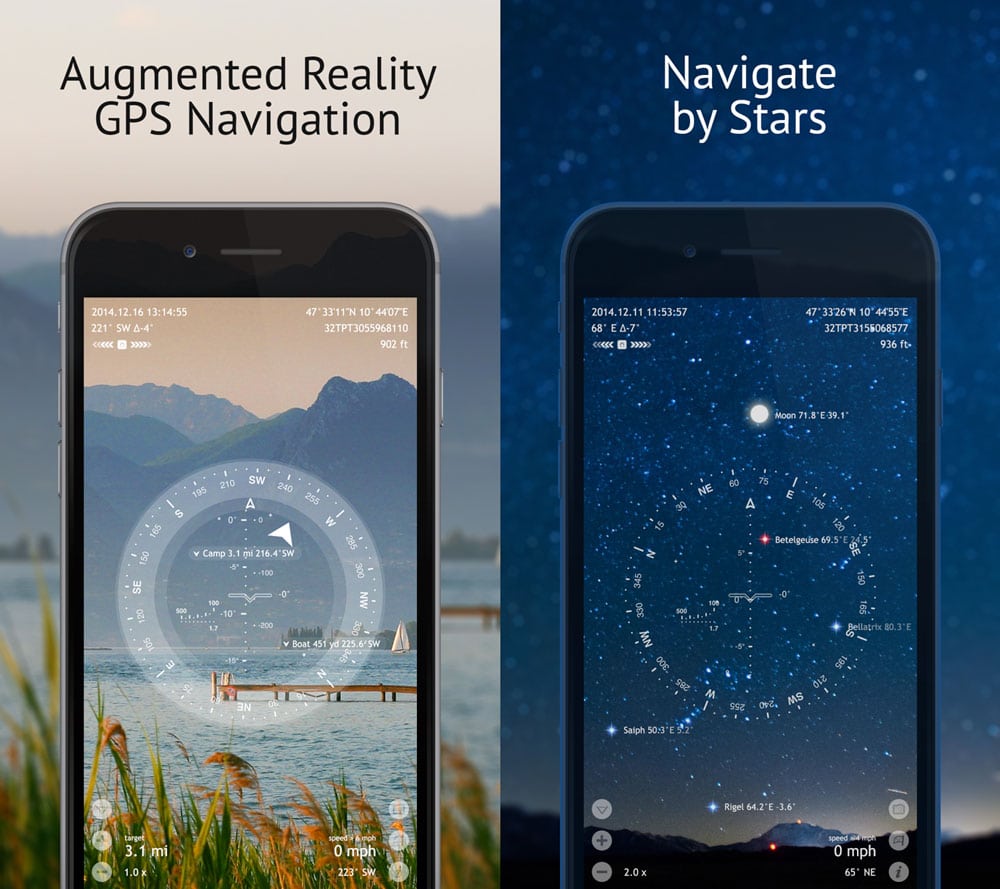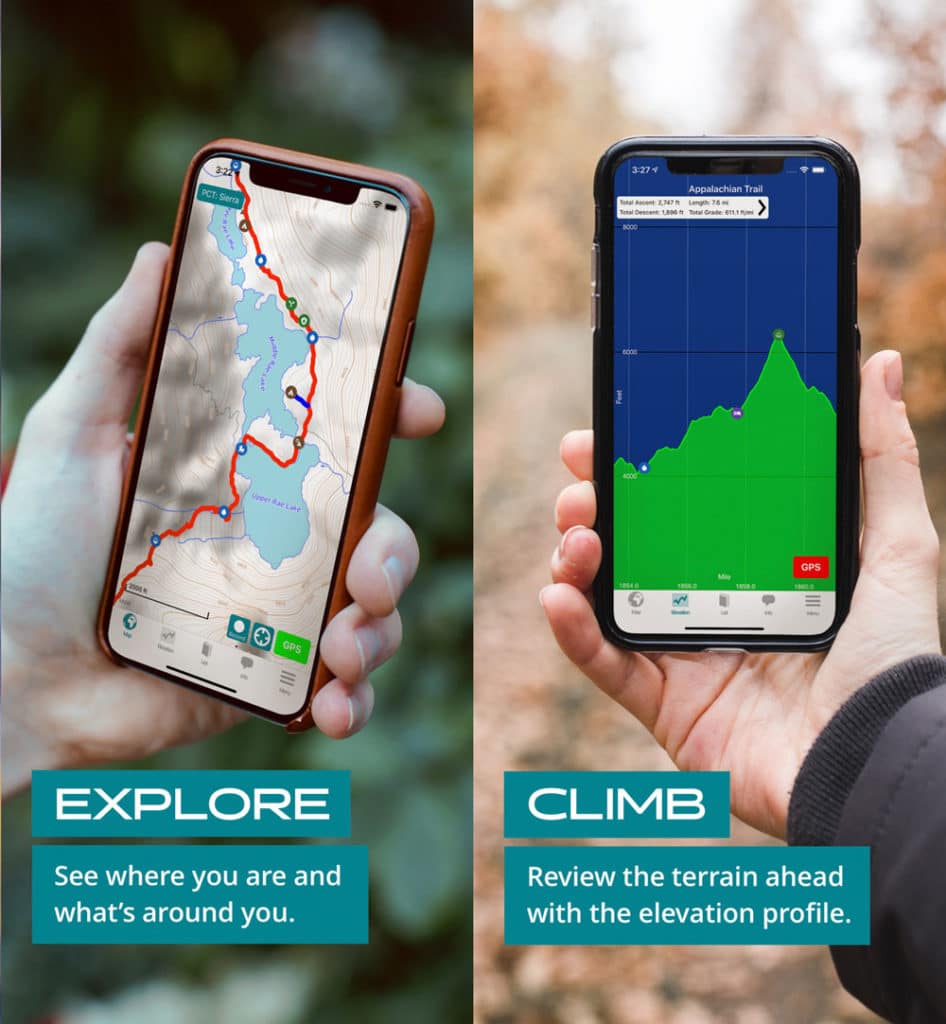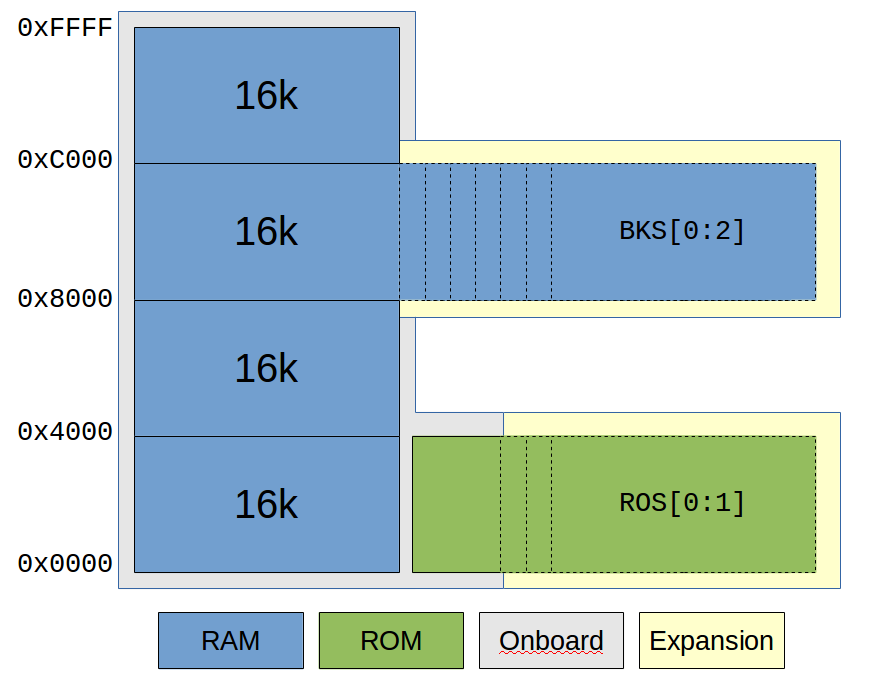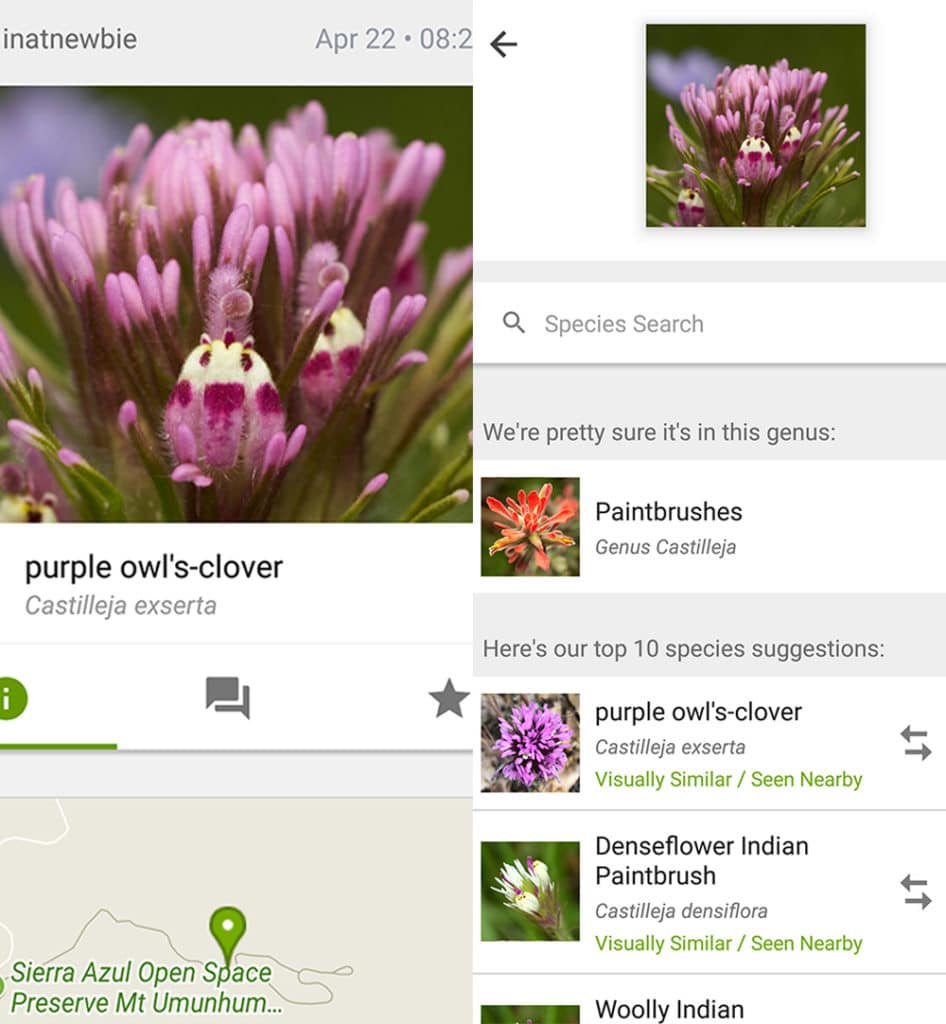Discover Pandipedia
Pandipedia is the world's first encyclopaedia of machine generated content approved by humans. You can contribute by simply searching and clicking/tapping on "Add To Pandipedia" in the answer you like. Learn More
Expand the world's knowledge as you search and help others. Go you!
Let's look at alternatives:
- Modify the query.
- Start a new thread.
- Remove sources (if manually added).
- Request a manual search from our human research team.

The GWOT generation refers to service members who have served in the Global War on Terror (GWOT) since its inception after the September 11 attacks, particularly in operations in Iraq and Afghanistan. This generation includes soldiers, sailors, airmen, and marines, with the GWOT ribbon symbolizing their service during this era marked by significant loss and unclear war objectives, as over seven thousand Americans have lost their lives in these conflicts[1][2]. The Global War on Terrorism Medal has been awarded to nearly every active-duty, Reserve, and National Guard service member since 2003, highlighting the extensive involvement of U.S. military personnel during this period[1]. Many families have been affected, with multiple members serving in the Middle East over the past two decades[3].
Let's look at alternatives:
- Modify the query.
- Start a new thread.
- Remove sources (if manually added).
- Request a manual search from our human research team.
Get more accurate answers with Super Search, upload files, personalised discovery feed, save searches and contribute to the PandiPedia.

These products are designed just like our general search ad products to help our advertising partners connect with consumers.
Mr. Holden[3]
Advertisers believe some form of intent has been expressed by the user through the entry of a query.
Mr. Holden[3]

Google intentionally chooses more revenue over improving quality in search ads.
MR. DAHLQUIST[1]
Google has used price increases and other levers to manipulate the ad auction.
MR. DAHLQUIST[1]
Each channel except for Google brand is above ROAS target. Our optimization focus is there this week.
Dr. Israel[2]
Let's look at alternatives:
- Modify the query.
- Start a new thread.
- Remove sources (if manually added).
- Request a manual search from our human research team.

Understanding Life Satisfaction
Life satisfaction refers to an individual's cognitive and affective evaluations of their life overall. It is a broader, more stable measure than momentary happiness, encompassing a person’s general feelings of contentment and fulfillment with various aspects of life such as relationships, health, income, and achieving personal goals. According to the literature, life satisfaction is a key indicator of overall well-being and has significant implications for mental health. Research indicates that individuals who report higher levels of life satisfaction also experience better mental health outcomes, including lower levels of anxiety and depression, and higher vitality and self-perceived health[1][7].
In a comprehensive study of life satisfaction, it was found that individuals with poor self-reported mental health experienced particularly low levels of life satisfaction. Those in better self-reported mental health categories showed significantly higher odds of having greater life satisfaction. Specifically, the odds of higher life satisfaction were found to be more than two times greater for individuals reporting fair mental health compared to those reporting poor mental health[1]. This suggests that enhancing mental health can be a viable pathway to improving overall life satisfaction, thus promoting well-being.
Mental Health Outcomes Associated with Life Satisfaction

There is strong evidence linking high life satisfaction with various positive mental health outcomes. Individuals expressing high levels of life satisfaction often demonstrate resilience against mental illnesses and show better coping mechanisms under stress. These individuals are less likely to suffer from psychological distress or exhibit depressive symptoms[2][4]. The presence of supportive social networks plays a critical role in this dynamic; higher levels of social support are associated with increased life satisfaction and, consequently, improved mental health[4].
Conversely, low life satisfaction is associated with adverse health outcomes. A systematic review highlighted that social isolation—an experience resulting in reduced life satisfaction—can lead to detrimental impacts on physical and mental health, such as increased depression, anxiety, and even mortality risks comparable to well-documented risk factors like smoking[8]. The COVID-19 pandemic further exacerbated feelings of social isolation and loneliness, significantly impacting overall life satisfaction and well-being[8].
The Impact of Psychological Well-being
Psychological well-being encompasses various dimensions, including positive affect, functioning, and mental health. Studies have indicated that factors thought to contribute to well-being—such as life satisfaction, self-perceived health, and positive relationships—are positively correlated. For example, a meta-analysis demonstrated that high levels of psychological well-being were linked with protective effects against chronic illnesses like cardiovascular disease and diabetes[2][7]. These findings reinforce the perspective that well-being, measured through life satisfaction, has crucial implications for mental health and physical health outcomes.
Moreover, the relationship between health behaviors and mental health suggests a reciprocal influence. Individuals with healthier lifestyles typically report higher life satisfaction and better mental health. A specific study demonstrated that each additional point in a healthy lifestyle score correlated with a significant reduction in the odds of experiencing negative mental health outcomes such as major depression and generalized anxiety disorder[7]. This correlation underscores the necessity of promoting healthy lifestyle choices as a means to enhance life satisfaction and, by extension, mental health.
The Role of Social Isolation
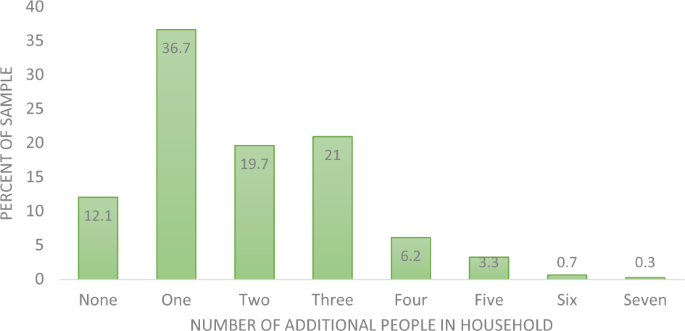
Social determinants, including social support and community connectedness, significantly affect both life satisfaction and mental health. Research emphasizes that social relationships and trust in one's environment are decisive factors contributing to feelings of belonging and overall satisfaction. The experience of social isolation, especially during the COVID-19 pandemic, has shown to correlate inversely with life satisfaction, leading to heightened psychological distress among both younger and older adults[8]. Individuals who perceived themselves as socially isolated were also more likely to report lower life satisfaction and mental health issues, highlighting the detrimental effects of perceived isolation regardless of the actual frequency of social interactions[8].
Coping Mechanisms and Strategies
The strategies individuals employ to cope with stress also impact their mental health and life satisfaction. Research has suggested that using positive coping mechanisms, such as seeking social support or engaging in physical activity, can mitigate adverse mental health effects associated with dissatisfaction. In contrast, reliance on negative coping strategies, like substance use, is related to higher perceived social isolation and poorer life satisfaction outcomes[8]. Therefore, developing and encouraging healthy coping strategies could foster improved life satisfaction and mental health resilience.
Conclusion
In conclusion, life satisfaction holds a significant position in the context of mental health, acting as both an indicator and a contributor to psychological well-being. Enhanced life satisfaction is linked with positive mental health outcomes and reduced psychological distress. Conversely, lower life satisfaction correlates with increased risks of mental health issues, often exacerbated by factors such as social isolation. Addressing life satisfaction holistically through improved mental health support, community engagement, and healthier lifestyle choices can promote better health outcomes and enhance overall well-being in diverse populations. As research continues to explore these intricate relationships, it becomes evident that promoting life satisfaction is essential for fostering mental health resilience in individuals across all age groups.
Let's look at alternatives:
- Modify the query.
- Start a new thread.
- Remove sources (if manually added).
- Request a manual search from our human research team.
Let's look at alternatives:
- Modify the query.
- Start a new thread.
- Remove sources (if manually added).
- Request a manual search from our human research team.

One of the most outrageously overpriced items in the UK that we seem to accept is fuel and petrol, with 49% of Brits believing it's too expensive. Concert tickets also rank high, with 43% of the public feeling they're overpriced, as prices have surged significantly in the past year[1].
Moreover, energy bills are seen as the most overpriced service by 55% of respondents, illustrating how essential services have escalated in cost[1]. This raises concerns about the general affordability of everyday necessities amid rising prices in various sectors[2][3].
Let's look at alternatives:
- Modify the query.
- Start a new thread.
- Remove sources (if manually added).
- Request a manual search from our human research team.
Get more accurate answers with Super Search, upload files, personalised discovery feed, save searches and contribute to the PandiPedia.

My long-term concern is that this creates a negative perception about SA360 for its enterprise SEM platform if we are unable to demonstrate parity with engine features and stronger performance.
None[2]
One, they want to attract -- extract value, meaning they want to extract the advertisers' values. So that advertiser -- Google benefits, not advertisers.
Witness[1][3]
Each one of those, we have a certain level of investment and we're also able to understand how much revenue each one of those generates.
Witness[1][5]
For them, SA360's X engine bidding strategy is one of the value props they pay for; and if we cannot show stronger performance, the investment with SA360 will come under greater scrutiny.
None[2]
Let's look at alternatives:
- Modify the query.
- Start a new thread.
- Remove sources (if manually added).
- Request a manual search from our human research team.
Let's look at alternatives:
- Modify the query.
- Start a new thread.
- Remove sources (if manually added).
- Request a manual search from our human research team.
Let's look at alternatives:
- Modify the query.
- Start a new thread.
- Remove sources (if manually added).
- Request a manual search from our human research team.
Outdooractive
Improves on the features of ViewRanger, offering extensive resources for planning and navigation for various outdoor activities, and includes detailed mapping[8][10].
Avenza Maps
Features the world's largest collection of offline maps, including topographic maps, making it ideal for outdoor navigation without cell service[10][12].
Hiking Project
A community-driven app focusing on finding new hiking trails in the US and Canada, offering detailed descriptions and trail conditions[12].
What3words
An innovative app that assigns a unique three-word address to every 3m square on the planet, aiding in precise location sharing for hikers[2].
Seek by iNaturalist
Helps identify plants and animals on the trail using your phone's camera, enhancing the hiking experience through knowledge of the surroundings[5][11].
Weather Live
Provides real-time weather forecasts and alerts, crucial for planning hikes, especially in unpredictable conditions[10][12].
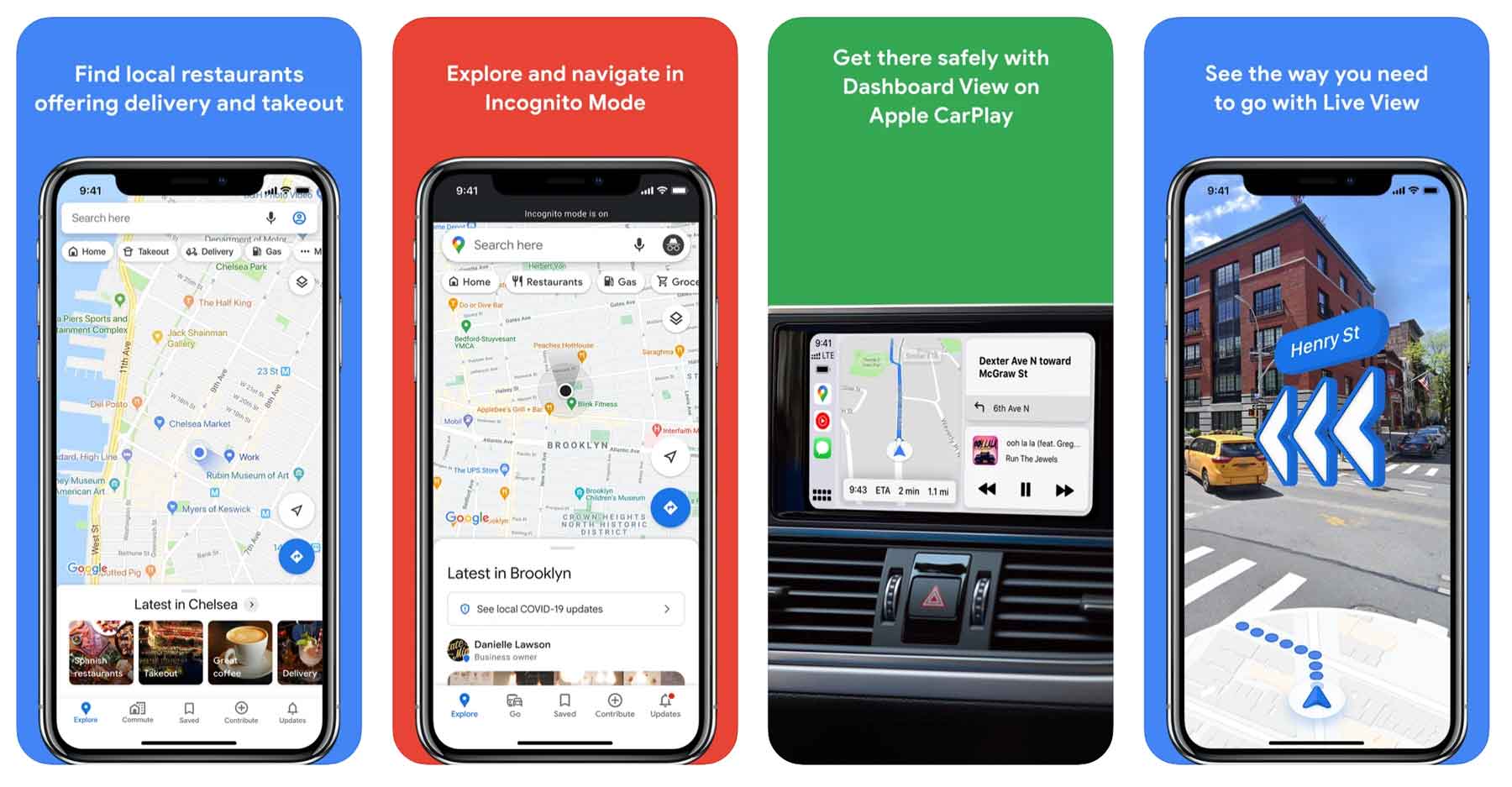
Google Maps
Useful for downloading trail maps for offline use and tracking progress, although not ideal for detailed trail navigation[12].
Memory-Map
Focuses on route-planning and viewing personal libraries of routes with high-quality maps available for purchase[3][4].
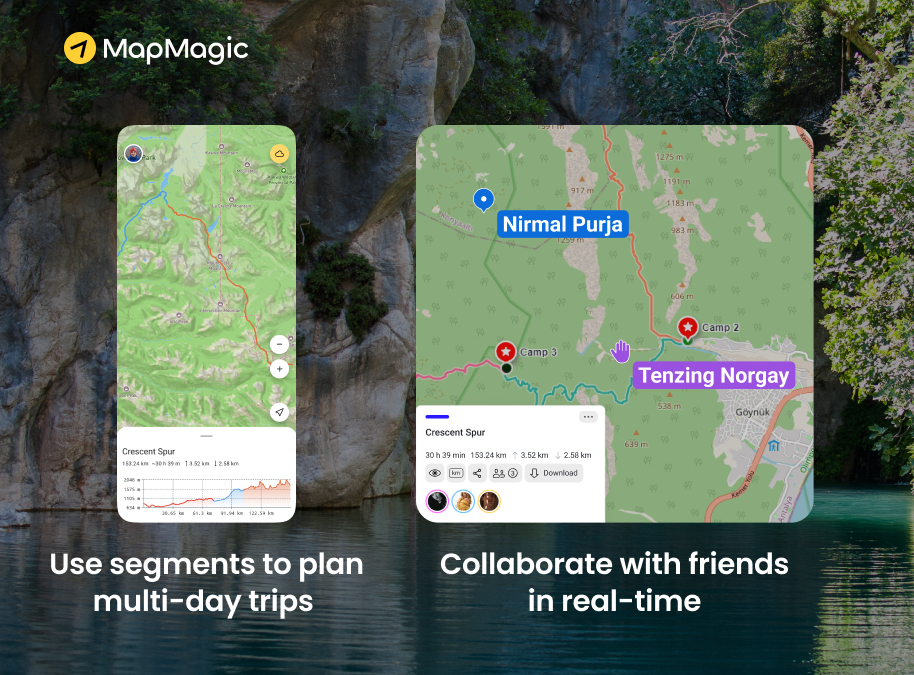

Garmin Explore
Pairs with Garmin devices for detailed backcountry navigation and easy map downloading[9][10].
iNaturalist
Enables users to log wildlife sightings and contribute to conservation efforts while hiking[5][11].
Let's look at alternatives:
- Modify the query.
- Start a new thread.
- Remove sources (if manually added).
- Request a manual search from our human research team.
